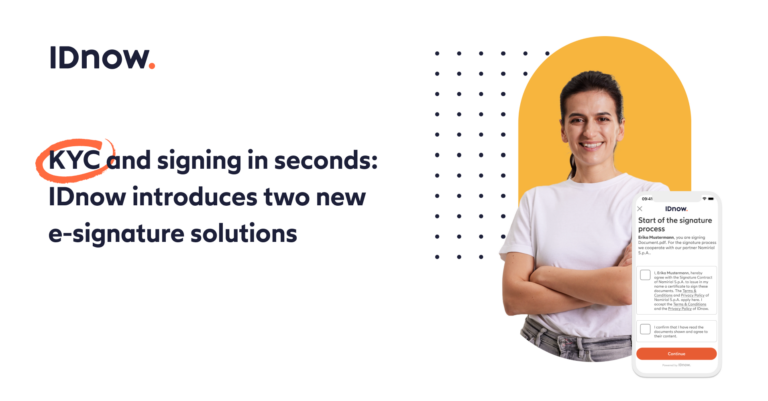What is eIDV?
Electronic identity verification (eIDV) verifies the identity of individuals by matching entries of name, date of birth, address and other specific criteria from public and private data sets. This is considered the first step of the Know Your Customer (KYC) process.
Who uses eIDV?
As an integral part of the due diligence process, eIDV is carried out by various financial institutions to safeguard against fraud, and to follow laws regarding anti-money laundering, combatting the financing of terrorism, and KYC privacy.
What is the eIDV process?
Although eIDV processes differ slightly, depending on specific region’s regulations, a typical process tends to involve two stages:
Data verification – Public and private databases are checked alongside the submitted customer data to verify identities, and for pre-screening purposes, to ensure the applicant is not featured on any watch lists, such as a Politically Exposed Person (PEP), or adverse media.
Document verification – National identity cards, or government-issued forms of identity featuring photographs, are used to verify the identity of the applicant by matching details like names, addresses, and date of birth on the document.



